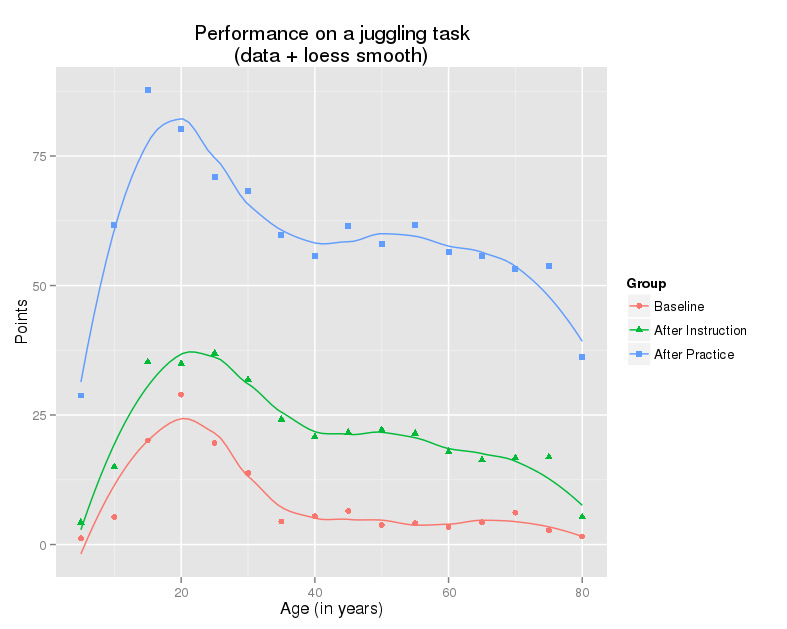I’m just back from the Patients First meeting in Navan. This is their third meeting, but the first I’ve been able to get to. Their core goals of the campaign are :-
- Budget must protect health service and patient care.
- An independent, transparent, free, easily accessible, feedback mechanism that provides all patients, carers and family members the opportunity to share their healthcare story and engage with service providers.
- Safe staffing based on patient dependency alone.
- Legislated requirements to publicly display daily staffing levels vis-à-vis patient dependency requirements.
- Legislated requirements to publicly consult and assess all cost improvement plans.
- National long term strategy for patient involvement and engagement across Ireland.
There was a respectable attendance, with about 40 people there, in the Newgrange hotel. The audience was a mixture, with several nurses from the area, including Navan hospital, and the local hospice team; a scattering of politicians (full list on their website) including TDs Helen McEntee and Regina Doherty; a couple of people with specific stories of bad outcomes; and several other local people. The speakers were my old friend Hilary Dunne of Patient Opinion Ireland and Karen Clarke from the INMO and Drogheda. David Hughes of the INMO chaired the evening.
The format was interesting. It started with a video from the BBC about the Francis inquiry into the Mid-Staffs trust disgrace. I re-read the executive summary over the weekend, to prepare for this evening. It still shocks and upsets me. I’ve been ill and helpless in hospital in Ireland, more than once, but I always got great care. I might not have been so lucky over there. If you haven’t read it, please do.
Then Hilary and Karen spoke briefly, presenting their personal perspectives on the issue. Stephen McMahon, and Steve Tweed, who were meant to speak as well, were caught in the tailback on the M50/M1 junction, and didn’t make it over. It was passed over to the floor then. There were three patient stories, one from the patient themselves, and two from relatives. Several other people, including the local councillors and TDs spoke as well.
What did I think? This was a genuinely useful meeting. The patient stories are a powerful narrative, and serve to focus attention on why we need to reform the service. The response of the politicians was very positive and constructive. The two TDs will be going back to Minister Varadkar, and one hopes that he will take their feedback seriously. There is the nucleus of a group here to lead the wider discussion on the structure and funding of the services, which I think is needed. The patient centred approach, and the explicit recognition of the importance of patient’s voices are a huge benefit to any further policy discussions.
A good evening, and congratulations to the organisers.
